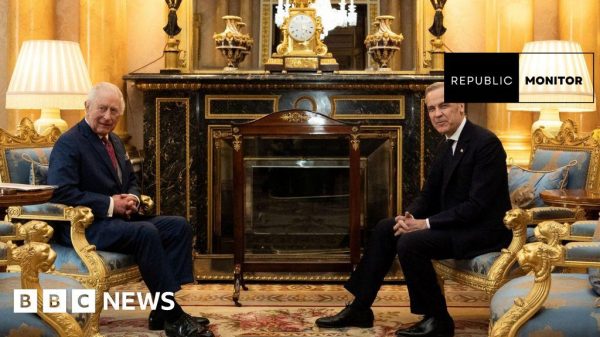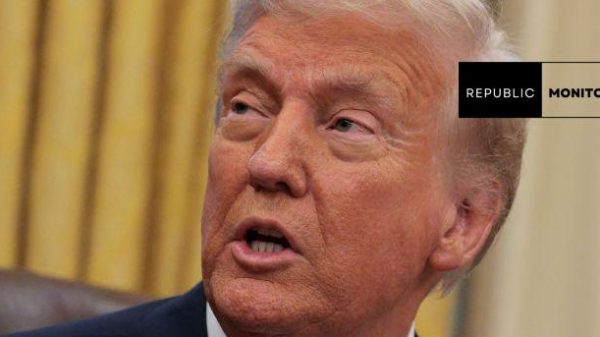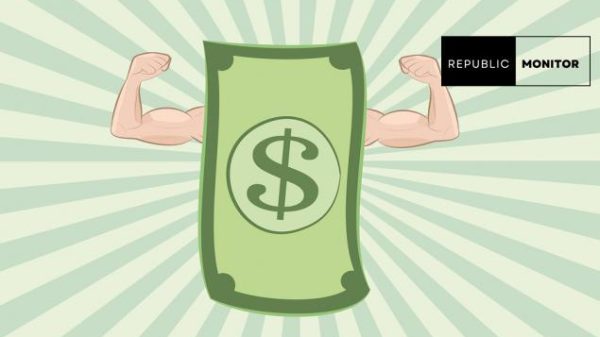Goverment records said thousands of Americans residing overseas got stimulus check payments during the COVID-19 outbreak. While this may seem at odds with the concept of “stimulus” for the U.S. economy, tax policy experts say Congress had a valid basis for sending monies abroad.

$1,400 Stimulus Check to be distributed to qualified families this 2022. (Photo: Pixabay)
Stimulus Checks: Did IRS Mistakenly Roll Out Stimulus Checks To Americans Abroad?
As the economy started to pick up momentum, budget hawks wary of spending more government money questioned whether people needed further financial aid. In addition, NPR said the IRS transferred payments to numerous non-citizens by mistake. It is worth remembering that payments were limited to U.S. citizens and “resident aliens” (those who had a green card or have been in the country for a specific amount of time).
According to the Treasury Inspector General for Tax Administration, more than 30,000 first-round cheques totaling more than $37 million were possibly paid to nonresidents residing outside. Many of these people may have submitted an inaccurate tax return that made them seem to be residents of the United States.
The federal government also committed additional mistakes, including sending duplicate payments to persons residing in U.S. territory, providing monies to ineligible dependents, and sending payments to dead people. According to the study, the IRS accurately paid at least 98 percent of first-round payments.
Impact on the Economy Payment policies was more liberal than those for other government funds. For example, even if they worked remotely for a U.S.-based corporation from abroad, Americans residing outside the United States were typically ineligible for increased unemployment benefits.
The expanded child tax credit introduced under the American Rescue Plan is available to Americans living abroad on a monthly basis.
On the other hand, the IRS said a parent is only eligible for money if they (or their spouse) spend more than half of the year in one of the 50 states or Washington, D.C. Parents who do not satisfy those requirements may be required to refund part or all of the monies received.
According to the U.S. Department of the Treasury, about $94 million of the total $61 billion in monthly payments was transmitted abroad from July to October.
Only Less Than 1% Of Americans Abroad Got The Payment
The U.S. Department of State said around 9 million Americans reside abroad. CNBC explained that since Congress’s broad qualifying criteria, it’s only reasonable that many will get checks.
The offshore payments are likewise minor compared to the total, accounting for just 0.7 percent and 0.8 percent of the $803 billion and $472 million in costs distributed across three rounds of financing, respectively.
Payments to other countries account for less than 1% of the entire population.
During the pandemic, Congress allowed the IRS to pay out stimulus cheques three times: in March 2020 (up to $1,200 per individual), last December ($600), and this March ($1,400).
Technically, the monies are advance payments of a refundable tax credit (the recovery rebate credit). The advance payments are known as Economic Impact Payments, which is the legal word for what we’ve come to call “stimulus cheques” in the United States.
According to tax policy experts, however, the name “stimulus checks” is a misnomer.
By sending money to households, lawmakers hoped to stimulate demand for goods and services in the U.S. economy. According to policy analysts, Congress’ principal goal was to boost family finances during a period of huge unemployment and financial hardship.
According to Janet Holtzblatt of the Urban-Brookings Tax Policy Center, one take on these payments is that they were mainly meant to assist taxpayers to handle their day-to-day expenditures, with any stimulus being the frosting on the cake.
If helping suffering families is the aim, she stressed that whether Americans reside in the United States or overseas makes no difference in the middle of a global pandemic.
Citizens residing abroad must also submit a tax return in the United States on their international earnings. Some people may be eligible for tax savings on overseas earnings. According to Garrett Watson, a senior policy researcher at the Tax Foundation, delivering an Economic Impact Payment to such residents who pay taxes appears reasonable.
RELATED ARTICLE: Stimulus Check Update: Next Payment Will Hit Bank Accounts Next Week, Find Out How Much Money You Will Get















